An Educational Overview of Turkish Poppy Pods
Turkish Poppy pods Within the diverse world of botanicals,
the poppy pod from the *Papaver somniferum* plant holds
a significant place in human history, agriculture, and law.
Sourced from regions like Turkey, these pods are often noted for their distinct characteristics.
While websites like https://driedpoppypod.com/ may feature them,
it is crucial to understand their complex nature beyond their ornamental appearance.
This description aims to provide a purely educational
overview of Turkish poppy pods, focusing on their botanical and agricultural context.
Botanical Profile and Origin
The term “Turkish poppy pods” refers to the dried, seed-bearing
fruit of the opium poppy (*Papaver somniferum*) cultivated in Turkey.
Turkey has a long, regulated history of poppy cultivation,
primarily for two purposes: the production of
poppy seeds for the culinary industry and,
under strict government control, for the legal
pharmaceutical production of alkaloids like morphine and codeine.
Physical Characteristics:
Turkish poppy pods are often recognized for their
distinctive shape, size, and color.
* **Shape and Size:** They are typically globe-shaped or rounded,
often larger and more bulbous than varieties from other regions.
They feature a characteristic “crown” at the top.
* **Color:** When dried, they usually exhibit a rich,
earthy brown or tan color, sometimes with a grayish hue.
Their surface is generally hard and woody.
* **Purpose:** In their legal agricultural context,
the pods are harvested after the petals fall away.
They are then scored for latex collection
(in licensed plots for pharmaceutical use) or dried and processed
to collect the edible seeds contained inside.
Historical and Cultural Context
Poppy cultivation in Anatolia (modern-day Turkey) dates back centuries.
The country has developed a unique system to manage
this dual-use crop. Since the 1970s, the Turkish government
has implemented a strict “poppy with alkaloid” and
“poppy with no alkaloid” licensing system to combat
illegal opium production while maintaining its legal medical and culinary industries.
This makes Turkey a key case study in the complex global effort to balance
a plant’s beneficial uses with its potential for harm.
Legal Status: A Critical Distinction
This is the most critical aspect of understanding any poppy pod product.
The legal status hinges on intent and chemical composition.
* **No Legal Protection for Decorative Use:** Vendors may
market pods as “decorative,” “floral,” or “for crafts.
” It is essential to understand that these disclaimers
do not change the legal definition of the material.
Law enforcement agencies do not recognize this distinction;
possession of the pods themselves can lead to
serious criminal charges, regardless of the buyer’s stated intent.
Significant Health and Safety Warnings
Beyond the legal risks, there are profound health dangers
associated with any use of the pods beyond their intended agricultural purpose.
* **Unpredictable Potency:** The alkaloid content in poppy pods
varies dramatically based on the strain, soil, and weather conditions.
There is no safe way for a consumer to gauge the strength of a given pod.
* **Risk of Overdose:** The opiates present (morphine, codeine, thebaine)
are central nervous system depressants.
An overdose can lead to respiratory failure and death.
The effects can be delayed, leading individuals to consume a fatal dose accidentally.
dependence and a devastating cycle of addiction.
Turkish poppy pods are a fascinating subject from botanical,
agricultural, and regulatory perspectives.
They represent a plant with a deep historical
footprint and a critical role in modern medicine,
managed within a strict legal framework in their country of origin.
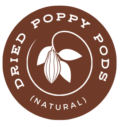
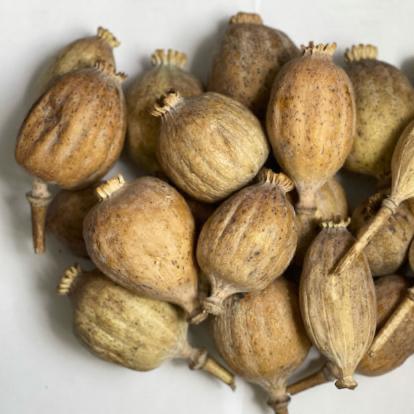
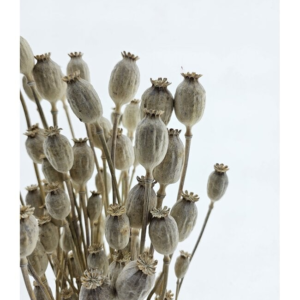
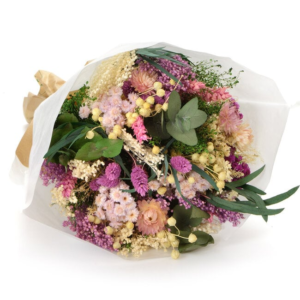
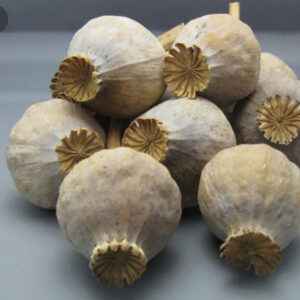
Reviews
There are no reviews yet.